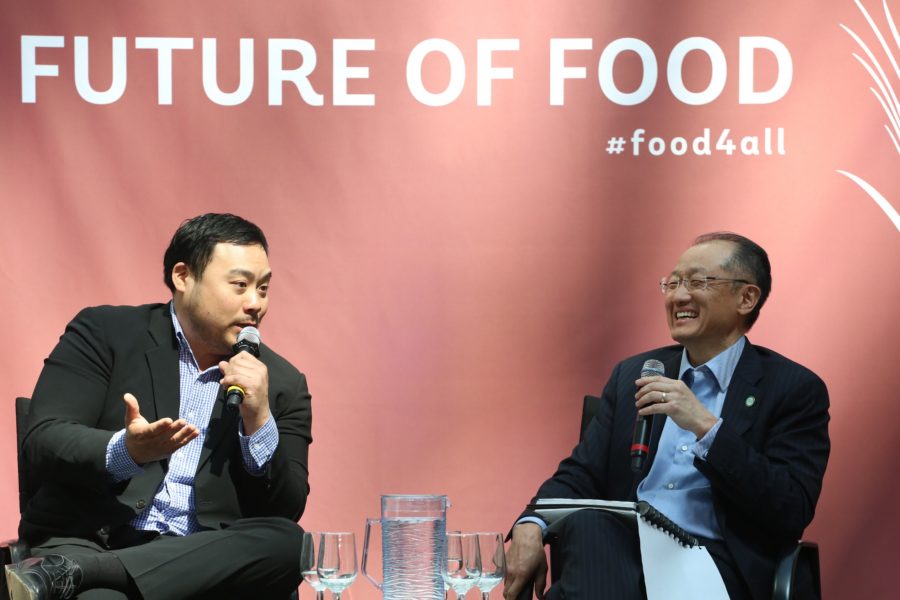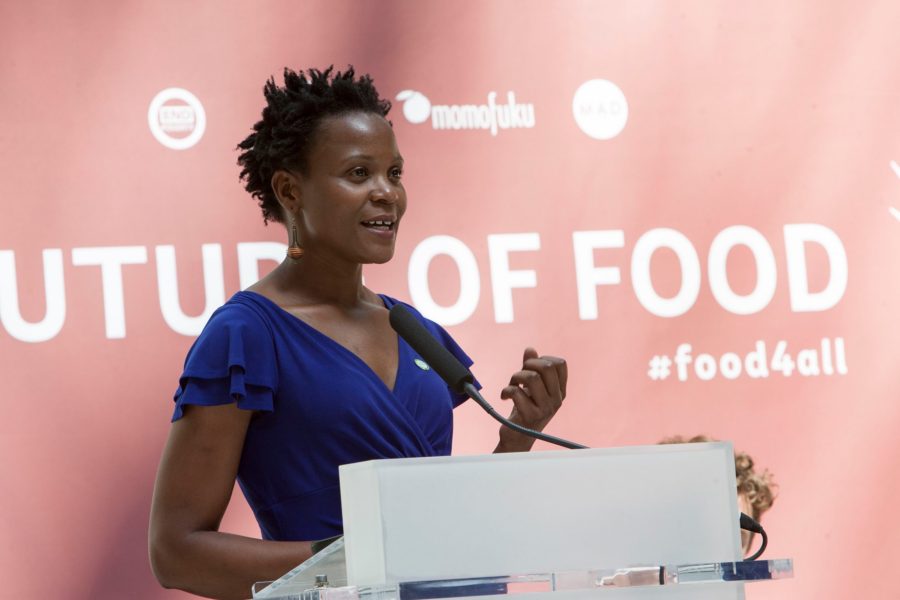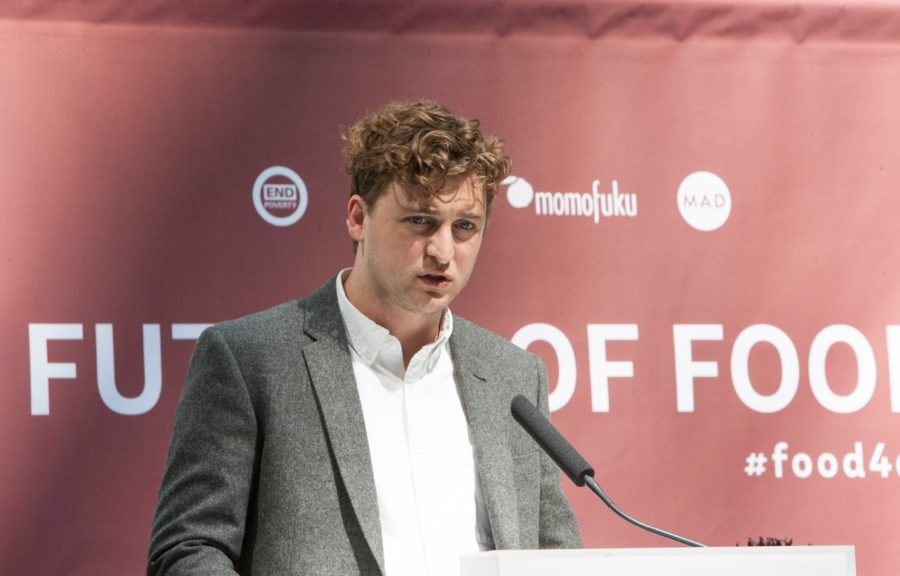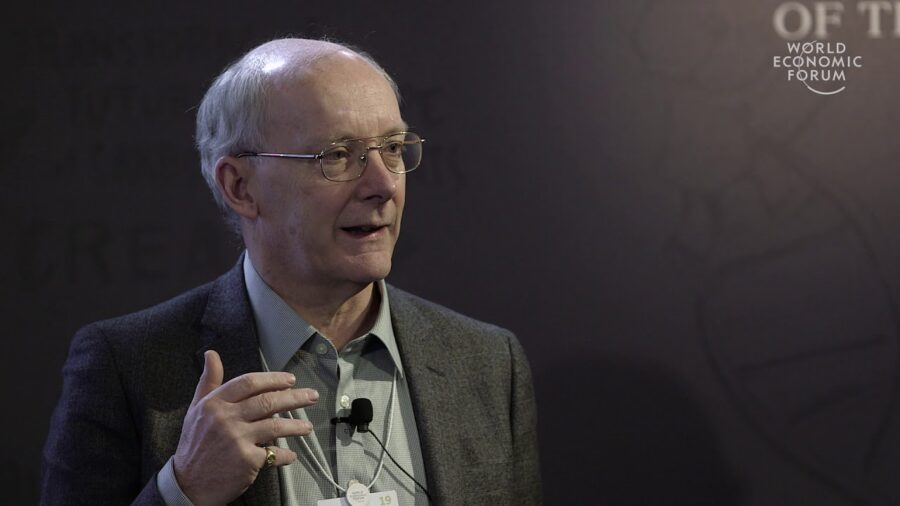The most extraordinary thing that’s happened in my adult intellectual lifespan is a demographic transition. The fact that human population fertility will reduce itself naturally in a non-coercive way if we get things right.
Archive

I think we need to take a look at what we find to taste good. And I think a lot of people throw away food. As Juergen mentioned, we throw away 1.3 billion tons of food a year. That’s a third of the food that is produced. Which is just probably the easiest way to reducing hunger in the world. Being more resourceful, much more frugal about it.

When I learned to farm mushrooms, I discovered to grow mushrooms you use agricultural waste that is available to all the poor families in any any place we can say this is a struggling country. As long as they practice some form of agriculture, they will have this kind of waste material.

We’re here today to start a new conversation about the world of chefs and cooks, between the world of chefs and cooks, and you the delegates and influencers and people here at the World Bank. The reason we’re here is to find ways to work together to build a food system that feeds everyone, every day, everywhere.

